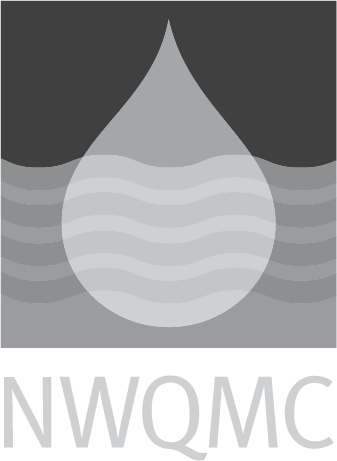EPA-NERL: 528: Phenols in Water by GC/MS
|
Official Method Name
|
Determination of Phenols in Drinking Water by Solid Phase Extraction and Capillary Column Gas Chromatography/Mass Spectrometry (GC/MS) |
|---|---|
|
Current Revision
| Revision 1.0, April 2000 |
|
Media
|
WATER |
|
Instrumentation
|
Gas Chromatography with Mass Spectrometry Detection |
|
Method Subcategory
|
Organic |
|
Method Source
|
|
|
Citation
|
|
|
Brief Method Summary
|
A 1-L sample is extracted using a solid phase extraction (SPE) cartridge. Phenols trapped by the SPE cartridge are eluted with methylene chloride. The concentrations of phenols in the extract are determined using a gas chromatography (GC) system equipped with a mass spectrometer (MS) detector. |
|
Scope and Application
|
This method determines phenols in finished drinking water. |
|
Applicable Concentration Range
|
0.1-15 ug/L for most analytes; 1-15 ug/L for others. |
|
Interferences
|
(A) Contamination: Solid Phase Extraction (SPE) devices and reagents can introduce contaminants. Also, the suggested internal standard may contain phenolic contaminants; if suspected chose another standard. (B) Silicone: Methylene chloride may leach silicone compounds; these will usually not interfere. (C) Airborne phenol: Minimize contact of samples with atmospheric sources of phenol. |
|
Quality Control Requirements
|
Initial demonstration of laboratory capability followed by regular analyses of continuing calibration checks, laboratory performance check standards, laboratory reagent blanks, laboratory fortified blanks, and laboratory fortified matrix samples. A method detection limit (MDL) must be determined for each analyte of interest. |
|
Sample Handling
|
Sampling equipment, including automatic samplers, must be free of plastic tubing, gaskets, and other parts that may leach interfering analytes into the sample. Dechlorinate samples with 40-50 mg of sodium sulfite. After sodium sulfite is dissolved, acidify samples to less than pH 2 with 6 N hydrochloric acid. Samples must not exceed 10oC during the first 48 hours after collection. Samples stored in the lab must be held at or below 6oC until extraction, but should not be frozen. Extracts should be kept at 0oC or less. |
|
Maximum Holding Time
|
14 days; 30 days after extraction. |
|
Relative Cost
|
$201 to $400 |
|
Sample Preparation Methods
|




